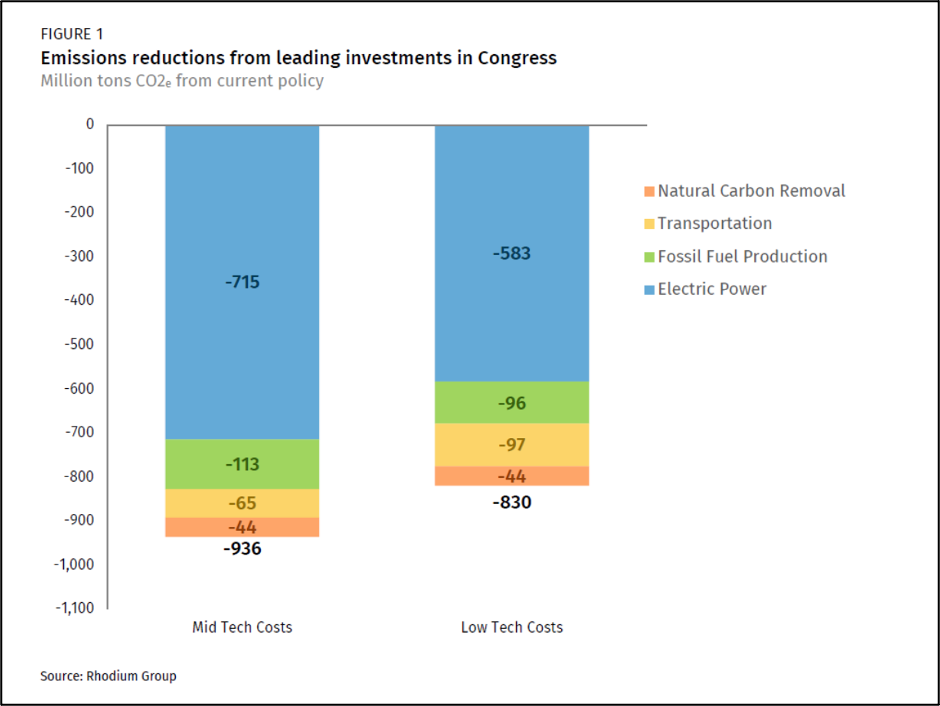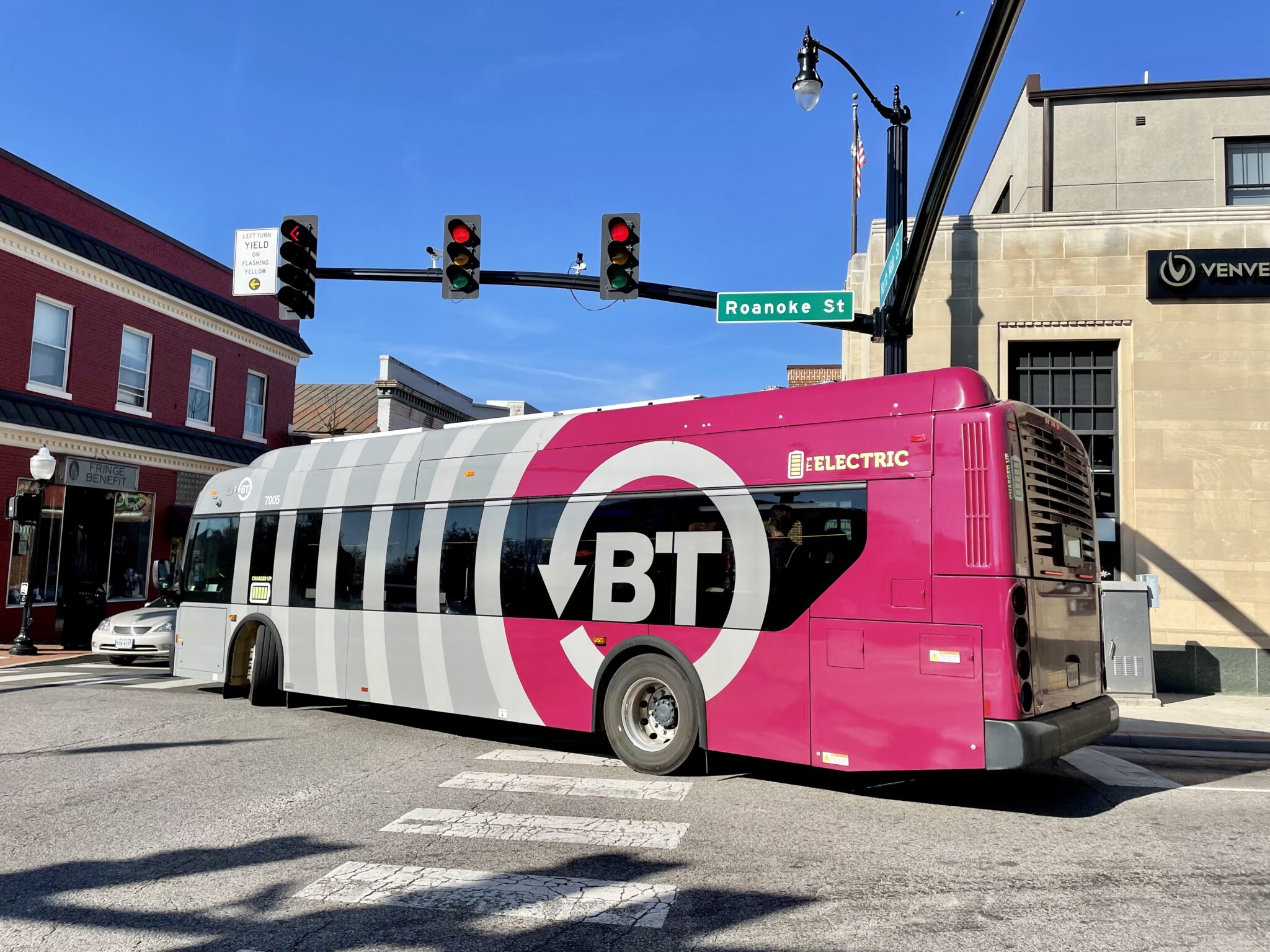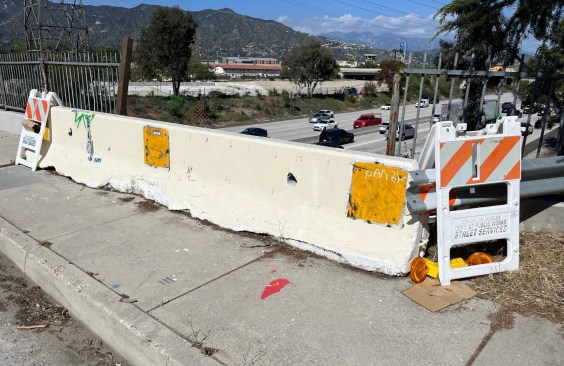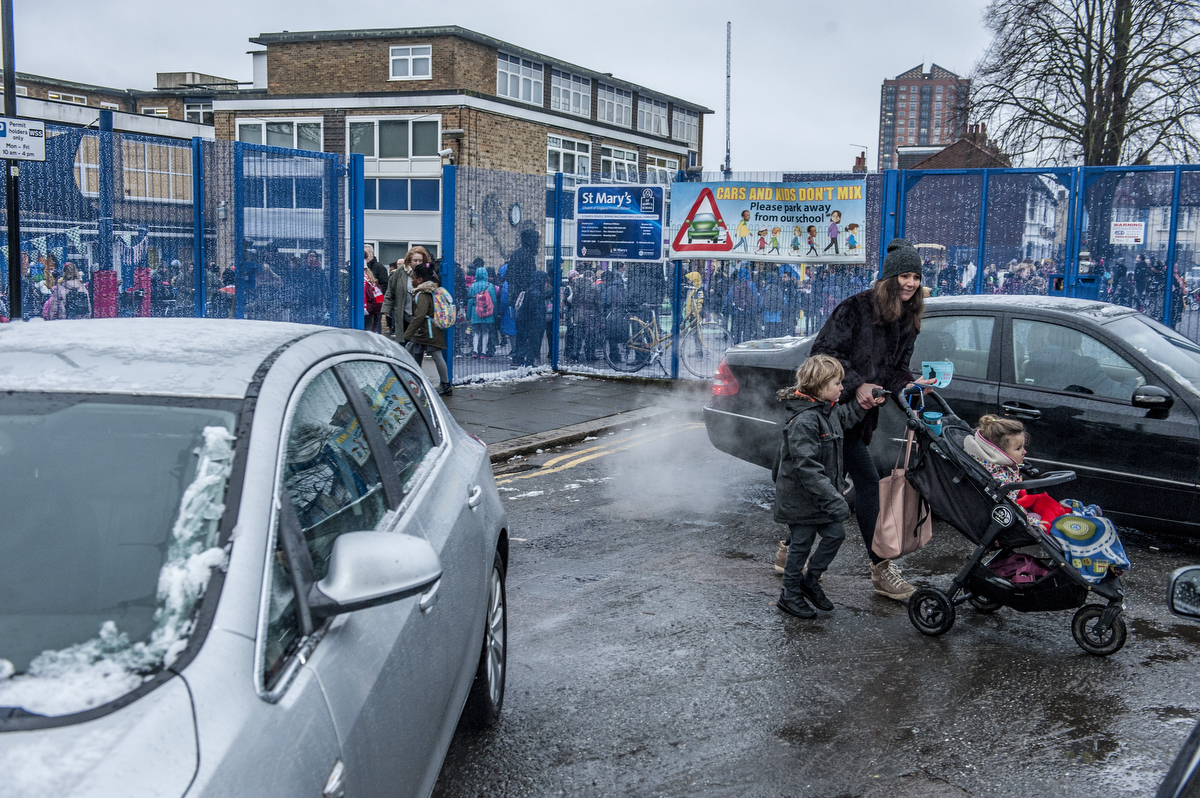Kerry Warns Budget Bill Delay Will Hold Global Climate Goals Hostage
11:04 AM EDT on October 18, 2021
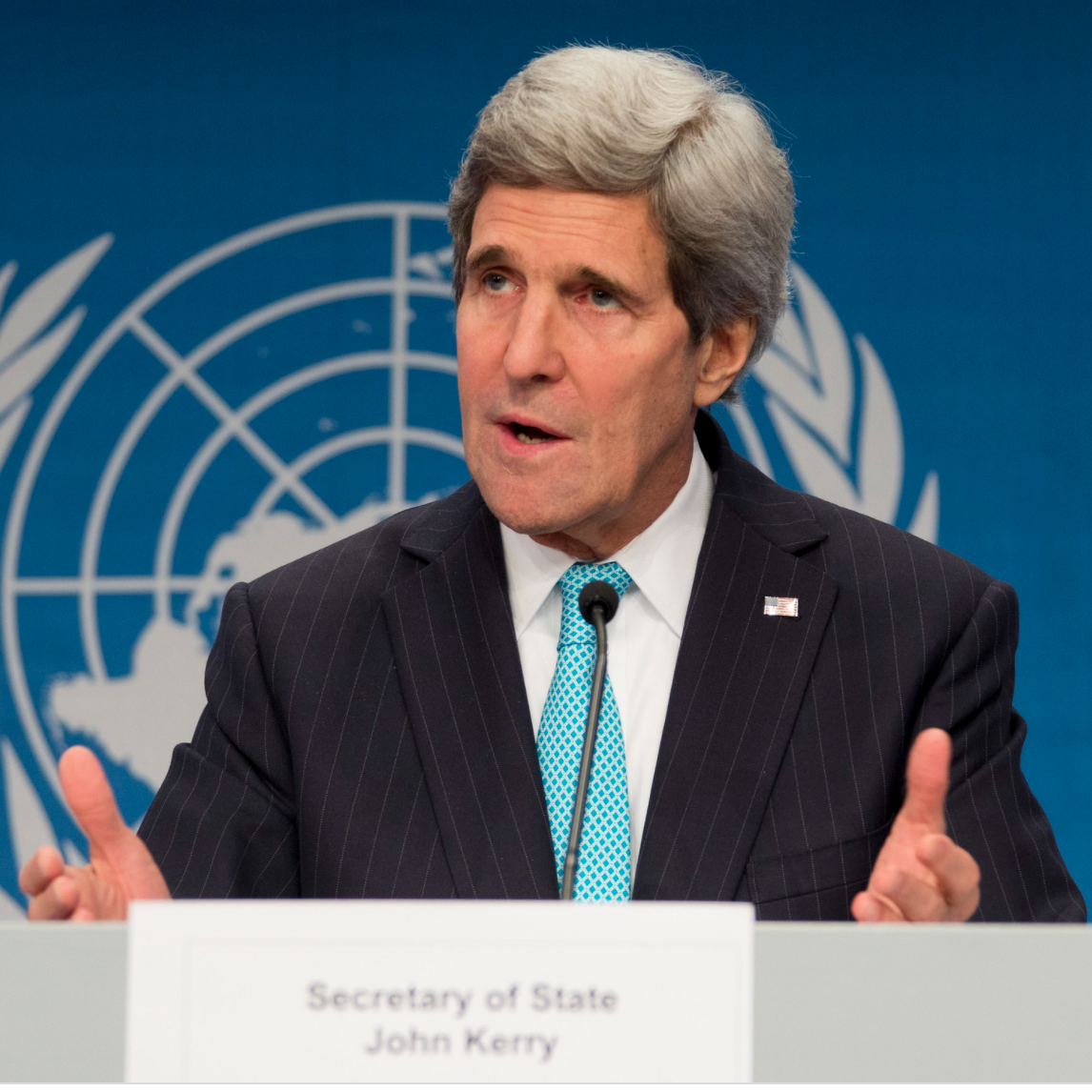
U.S. Climate Envoy John Kerry. Image: U.S. Mission Geneva, CC
Centrist bickering over the size of the Democrats' budget reconciliation will have dire consequences for key international climate goals, U.S. climate envoy John Kerry warns — and sustainable transportation priorities will be dealt a particularly hard blow, unless progressive advocates join progressive lawmakers in defending their broadly popular positions.
In an explosive interview with AP news ahead of the United Nations Climate Change Conference, Kerry said that a failure to pass President Biden's Build Back Better plan would "be like President Trump pulling out of the Paris agreement, again."
If he's correct, the results could be disastrous. Under President Trump, transportation sector emissions rose a staggering 2.6 percent before the Covid shutdowns — an upward trend that experts expect to continue if the U.S. does not take urgent action.
Experts are still estimating the exact climate impacts of the reconciliation bill (and its companion legislation, the Bipartisan Infrastructure Act), but early analysis suggests that the measure would make significant progress towards Biden's goal of cutting greenhouse gas emissions 50 to 52 percent under 2005 levels by 2030. A recent report from the Rhodium Group found that six of the largest programs proposed in the mega-bill would collectively "cut U.S. emissions by 830-936 million tons in 2030 compared to current policy" — an amount that the report authors say is equivalent to "zeroing out net annual emissions from Texas and Florida combined."
Notably those analyses looked at the impacts of the expanded electric vehicle tax credits included in the Build Better Act, but they didn't analyze the VMT-cutting aspects of the bill. Those include:
- $10 billion to connect low-income residents to essential services through transit, biking, and walking
- $10 billion for high-speed rail
- $4 billion to increase mobility, mitigate pollution and noise, and otherwise heal neighborhoods destroyed by federal highways
- A $4-billion “Community Climate Incentives” initiative, which would require states to set performance targets to reduce greenhouse gas emissions, provide incentives for meeting them, and impose penalties on those who fail to comply
- $6 billion for “local transportation priorities,” some of which will benefit active transportation and transit
Advocates say those programs could have a seismic impact on U.S. climate goals — but they also fear they'll be among the first to be cut.
Senators on both sides of the aisle have already objected to the inclusion of any transit-boosting programs in the budget measure, with Sen. Sherrod Brown (D-Ohio) and Sen. Patrick J. Toomey (R-Pa.) even accusing the authors of the legislation of breaking Biden's promise not to revisit spending categories already included in the Bipartisan Infrastructure Bill in the budget measure.
Sustainable transportation advocates argue that every new transit dollar in the budget measure is being directed to new programs rather than general Federal Transit Administration funds — and without them, efforts to decarbonize the transit sector will be kneecapped.
“When you go from $3.5 [trillion] to $1.9 or whatever figure is floating around, you don’t just do the low-hanging fruit,” said Jim Mathews, president and CEO of the Rail Passengers Association, in an interview with RollCall. “You’ve gotta go pretty far up the tree.”
Of course, some of the most noxious centrist arguments against the size of the budget measure don't have anything to do with Biden's promises to the GOP at all. In a recent statement, Senator Joe Manchin (D-W.Va) referred to the $3.5 trillion measure as "fiscal insanity," despite the fact that much of it would be paid for by tax increases on the wealthiest Americans — and the fact that it pales in comparison to other spending programs centrists typically endorse without blinking, like funding for the Defense department.
$3.5 trillion certainly sounds like a lot.
— The Intercept (@theintercept) October 5, 2021
But the reality is surprisingly modest: $3.5 trillion is just 1.2 percent of the U.S. economy over the relevant time frame. https://t.co/caq782F1Tx
Video by @TravisMannon and @schwarz pic.twitter.com/RHvEo6h1lK
Critics say his real objection to the bill is its potentially devastating impact to fossil fuel industries, to which Manchin has close ties. According to a letter obtained by Politico, Manchin has indicated to his colleagues that he will only support the bill if it preserves subsidies to coal and natural gas, and that it must include funding for still-nascent carbon capture technologies that climate experts say won't cut emissions fast enough to meet emission reduction goals.
Manchin's fellow Democratic holdout, Arizona Senator Kyrsten Sinema, is reportedly withholding her vote because she opposes policies in the Build Back Better Act that would allow Medicare to negotiate lower prescription drug prices, but supports the climate aspects of the bill. She's also indicated that she'll withhold her vote on the reconciliation measure as a bargaining chip to get the status-quo Bipartisan Infrastructure Bill, which she co-authored, across the finish line first.
On Sunday, Transportation Secretary Pete Buttigieg criticized everyone responsible for the ongoing stalemate, emphasizing the deadly toll climate change is already taking on communities across the globe.
“The longer you take to do something about it, the more it’s going to cost in livelihoods as well as lives,” Buttigieg told hosts of CNN's State of the Union, in statement apparently directed to the two Senators. "The bottom line is we have to act on climate for the good of our children and for the good of our economy.
Despite the fracas, Kerry says he "believe[s] [Democrats are] going to act responsibly" and pass a climate bill eventually — though he doesn't know "what shape it’ll take ... or which piece of legislation, it’ll be in."
If the centrist stonewalling continues, that eventual bill may still be a ways down the road — and in the meantime, communities across the world will suffer from U.S. inaction.
Kea Wilson is editor of Streetsblog USA. She has more than a dozen years experience as a writer telling emotional, urgent and actionable stories that motivate average Americans to get involved in making their cities better places. She is also a novelist, cyclist, and affordable housing advocate. She previously worked at Strong Towns, and currently lives in St. Louis, MO. Kea can be reached at kea@streetsblog.org or on Twitter @streetsblogkea. Please reach out to her with tips and submissions.
Read More:
Stay in touch
Sign up for our free newsletter
More from Streetsblog USA
Kiss Wednesday’s Headlines on the Bus
Bus-only lanes result in faster service that saves transit agencies money and helps riders get to work faster.
Freeway Drivers Keep Slamming into Bridge Railing in L.A.’s Griffith Park
Drivers keep smashing the Riverside Drive Bridge railing - plus a few other Griffith Park bike/walk updates.
Four Things to Know About the Historic Automatic Emergency Braking Rule
The new automatic emergency braking rule is an important step forward for road safety — but don't expect it to save many lives on its own.
Who’s to Blame for Tuesday’s Headlines?
Are the people in this photo inherently "vulnerable", or is this car just dangerous?
